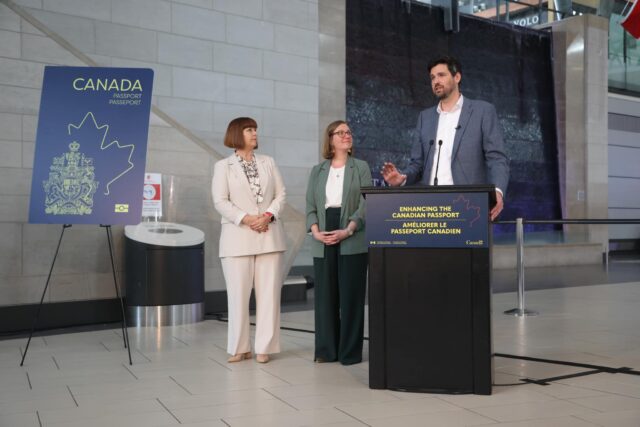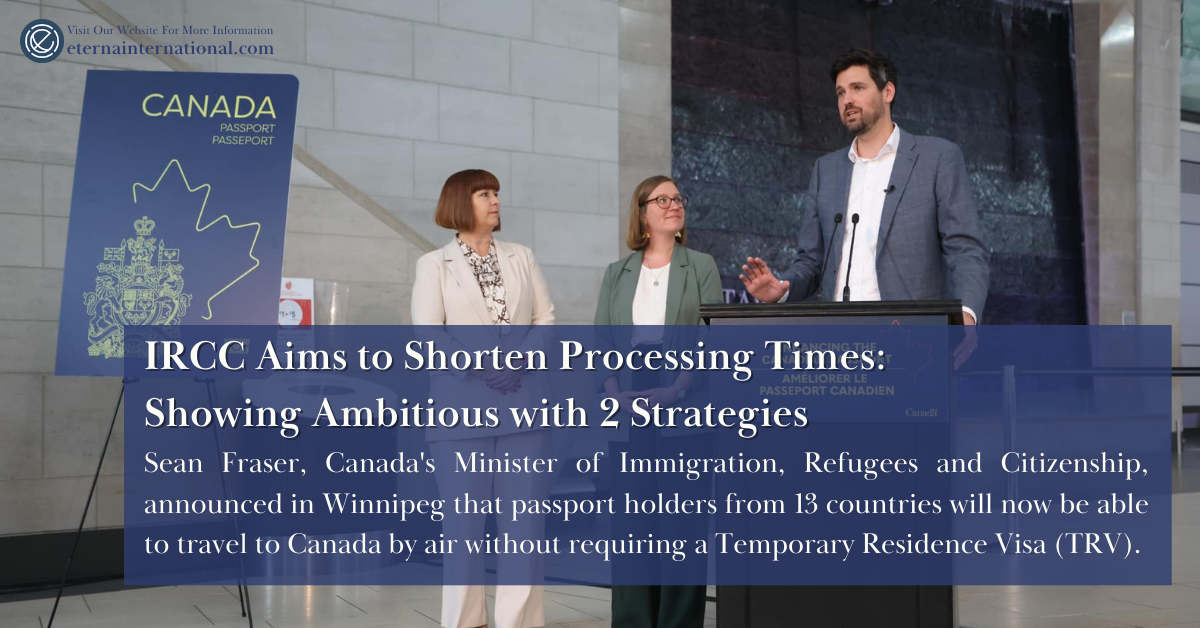Sean Fraser, Canada’s Minister of Immigration, Refugees and Citizenship(IRCC), announced in Winnipeg that passport holders from 13 countries will now be able to travel to Canada by air without requiring a Temporary Residence Visa (TRV). This decision benefits travelers from these countries who have either held a Canadian visa in the last 10 years or who currently hold a valid United States non-immigrant visa.

The eligible countries include the Philippines, Morocco, Panama, Antigua and Barbuda, St Kitts and Nevis, St Lucia, St Vincent and the Grenadines, Trinidad and Tobago, Argentina, Costa Rica, Uruguay, Seychelles, and Thailand.
According to Fraser, Immigration, Refugees and Citizenship Canada (IRCC) has been working to make the pre-travel screening process easier, faster, and more affordable. This change is expected to divert thousands of applications from Canada’s visa caseload, allowing IRCC to process visa applications more efficiently.

Not only the expansion of visa-free travel, but Canada’s IRCC is also working to shorten processing times across various immigration programs. One key area of focus is the Start-Up Visa Program, which has seen a significant increase in the number of applications received.
Considering the high demand, the number of spaces available under the Start-Up Visa Program has been increased from 1,000 to 3,500 for 2023. This increase effectively triples the anticipated permanent residents in the Federal Business category for 2023 compared to 2022. Moreover, plans are in place for further increases in 2024 and 2025.
To prioritize applications within the Start-Up Visa Program, the IRCC will focus on specific features, such as whether a company has committed capital or has received an endorsement from a trusted partner backing the application. It means that existing and new permanent residency applicants who are supported by angel investor groups or venture capital funds can expect faster processing times.

Furthermore, the IRCC will assess whether applicants have been nominated by a designated incubator that is part of the new program. They will also impose a limit on the number of new candidates that certain designated entities can put forward, helping to reduce pressure on the system and establish more reliable timelines going forward.
These strategic efforts by the IRCC not only demonstrate their commitment to improving processing times across various immigration programs but also highlight the importance of the Start-Up Visa Program in fostering innovation and economic growth in Canada. By streamlining the application process and shortening wait times, Canada aims to attract more talented entrepreneurs and skilled professionals to contribute to the country’s thriving start-up ecosystem.



